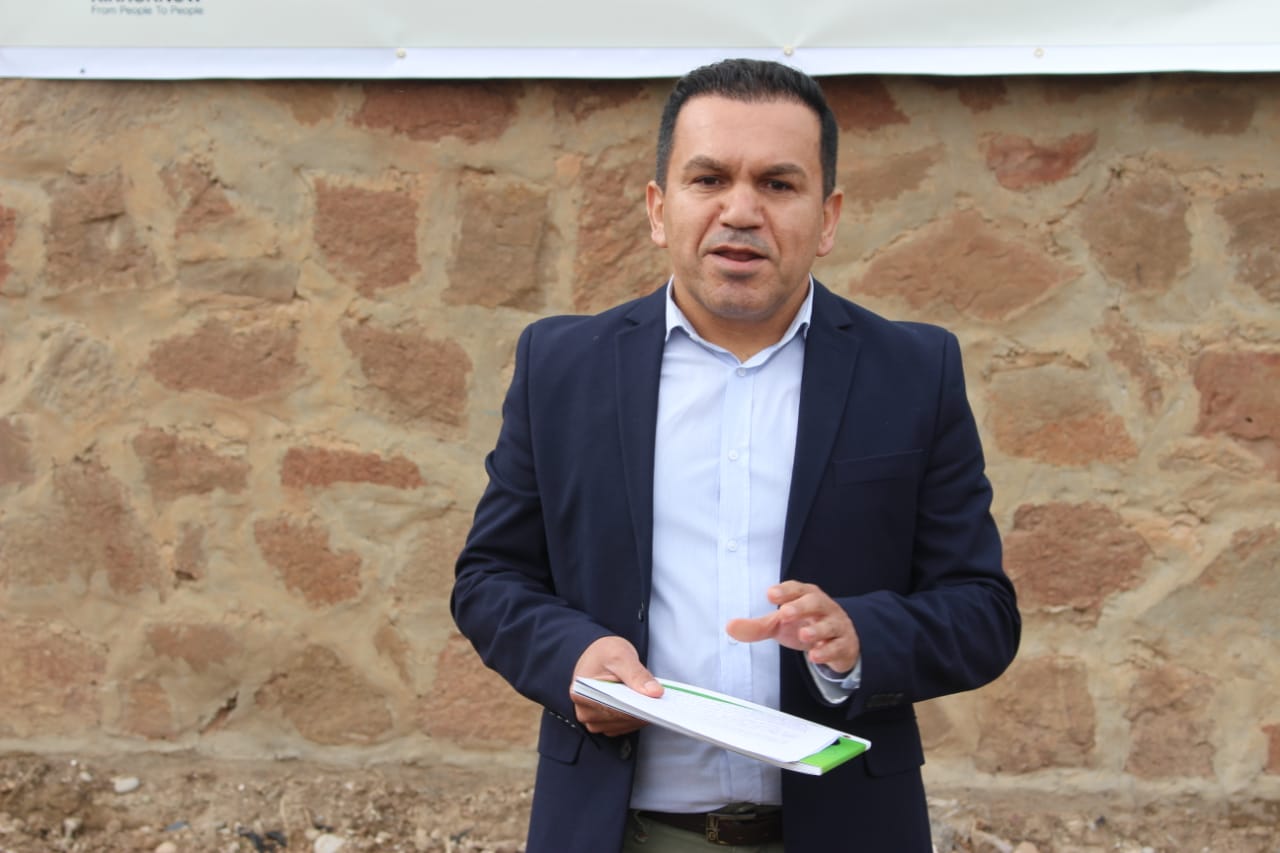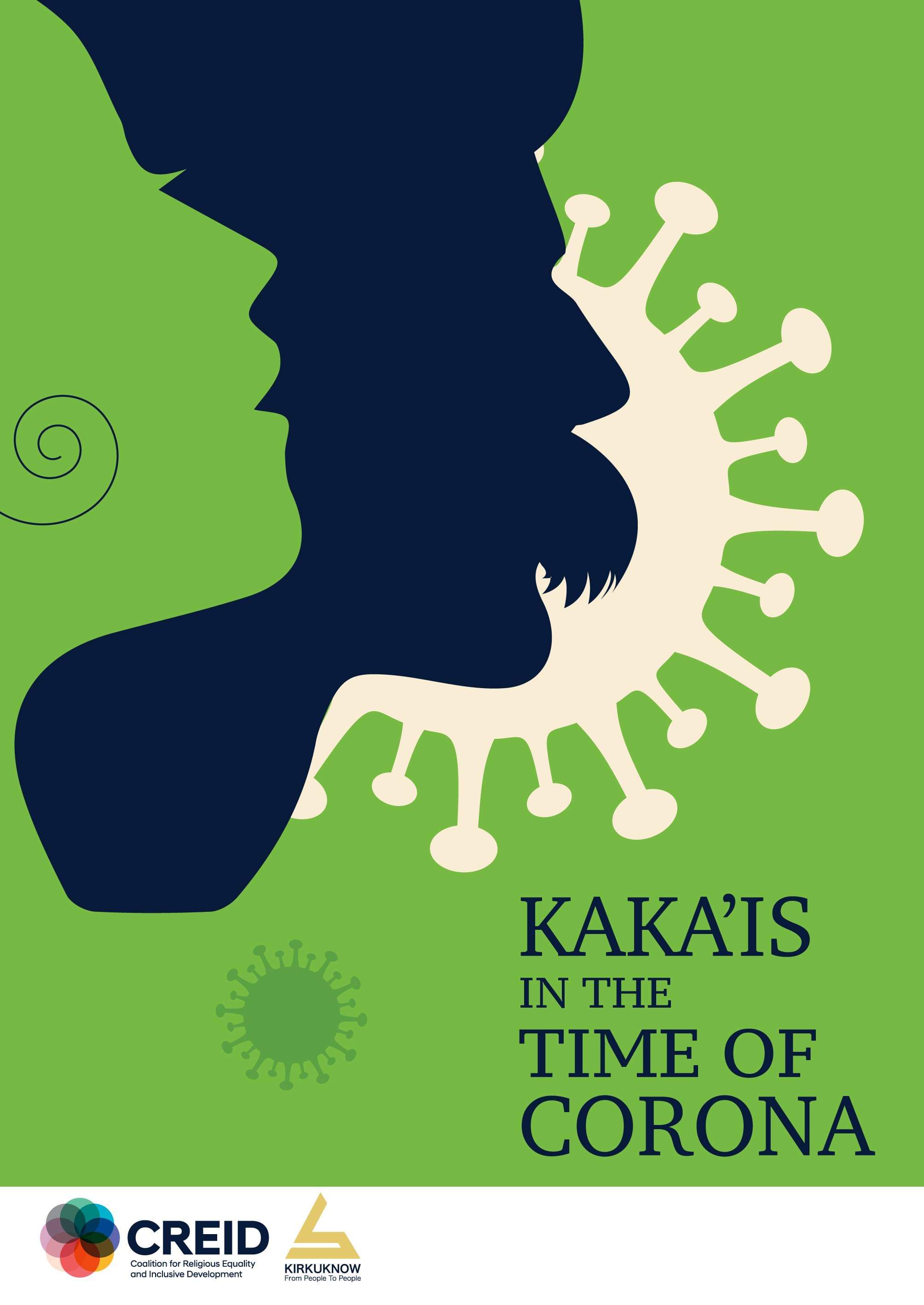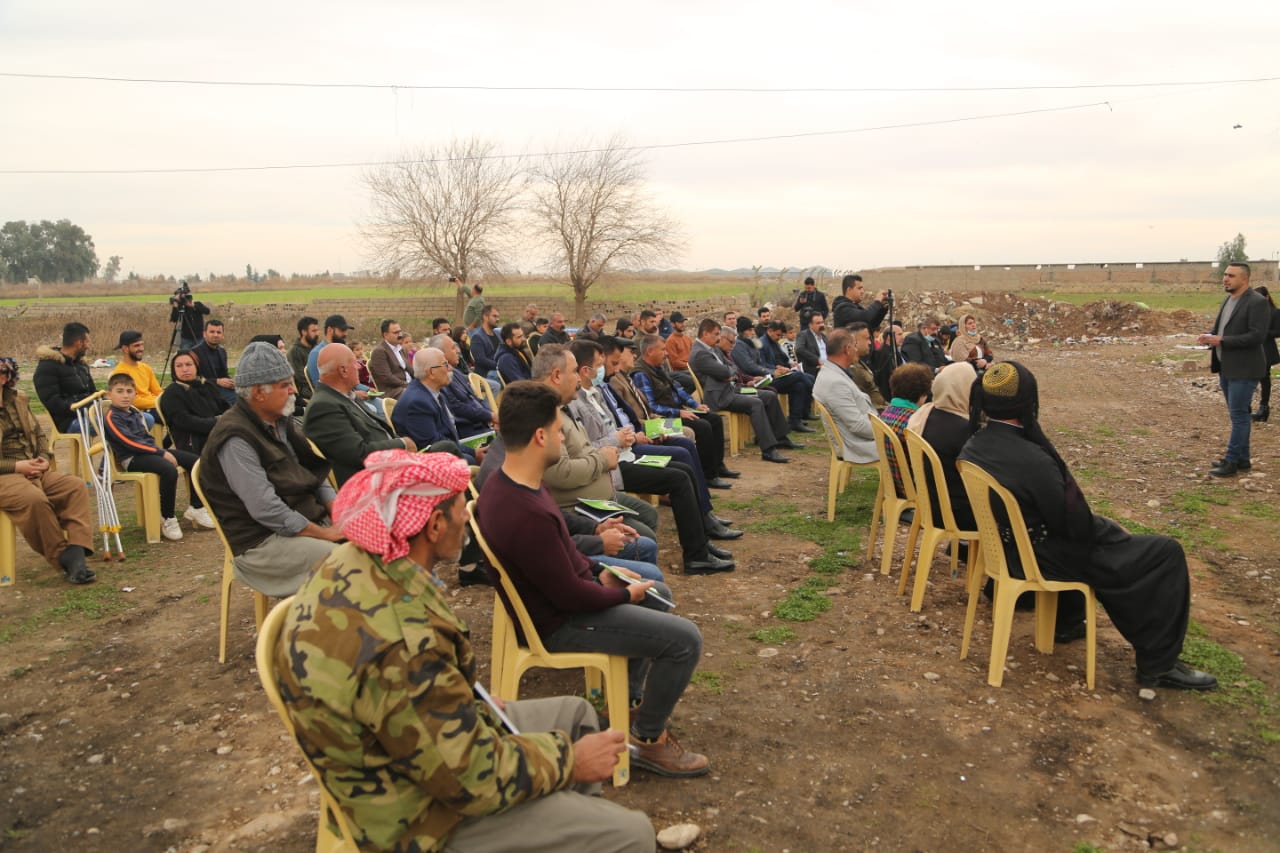KirkukNow media outlet proudly publishes its first printed booklet titled "Kaka'is in the Time of Corona," funded by the Coalition for Religious Equality and Inclusive Development (CREID).
The booklet is composed of two sections, one in Arabic and one in English, which contain twenty-four authentic journalistic pieces produced by the team of journalists at KirkukNow.
The booklet was released in ceremony held in Rizgari compound in the district of Daququ, 44 km south east of Kirkuk province, on Tuesday.
"This unique release is interesting for several reasons; firstly the authentic journalistic pieces can be used in the future as archive documenting life in this region in the pandemic circumstance, Salam Omer, editor-in-chief of KirkukNow media outlet, said in the opening speech delivered in the ceremony.
"This unique release is interesting for several reasons; firstly the authentic journalistic pieces can be used in the future as archive documenting life in this region in the pandemic circumstance, Salam Omer, editor-in-chief of KirkukNow media outlet, said in the ceremony.
"Secondly, the material in the booklet mainly focuses on conveying voice of the residents to local officials. Thirdly the journalistic pieces boosted community solidarity for Kak'is in the region," Omer added.

Salam Omer, editor-in-chief of KirkukNow media outlet, addressing attendants of the booklet release event in Daquq, Kirkuk. Photo by KirkukNow
The booklet documents what the Kaka’i religious community in Daquq, has endured from early June to late November 2020 under the COVID-19 pandemic.
Key figures of the stories included in the book, women activists, social and political figures of Kaka'i community and other ethnicities have attended the ceremony in Daquq.
All the 24 stories are available on KirkukNow's website www.kirkuknow,com in four languages: English, Arabic, Turkmen and Kurdish.

Cover of the booklet "Kaka'is in the Time of Corona," prepared by KirkukNow and funded by CREID.
Coalition for Religious Equality and Inclusive Development (CREID) has funded the print out and release of "Kaka'is in the Time of Corona" booklet.
KirkukNow is an independent electronic website launched in April 2011, publishes stories and events taking place within or relevant to Iraq’s disputed territories, Iraq in the three main languages of these areas - Arabic, Kurdish and Turkmen- as well as in English with the aim of promoting peaceful coexistence among religious and ethnic minorities in those areas and providing easy access to information.





